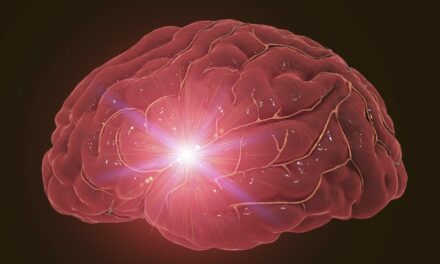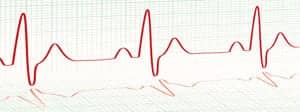.png)
The study reportedly encompassed 1,450 adults with ischemic stroke and 397 adults with TIA from 99 US hospitals. The results suggest that 3 months following hospitalization, depression affected 18% of stroke patients and 14% of TIA patients. The results also note that at 12 months, depression affected 16% of stroke patients and 13% of TIA patients. Researchers add that nearly 70% of stroke and TIA patients with persistent depression were not treated with antidepressant therapy during the 3- or 12-month intervals.
Nada El Husseini, MD, stroke fellow at Duke, first author of study, emphasizes that the, “high rates of under-treated depression seen in this study demonstrate the need for depression screening in these patient populations. It should become standard procedure to screen for depression after stroke and TIA.” El Husseini adds that patients should be made aware of their increased risk for depression, “If they knew more about the association between depression, stroke and TIA, they may be more likely to bring up these symptoms with their providers,” El Husseini says.
Source: Duke University Medical Center




